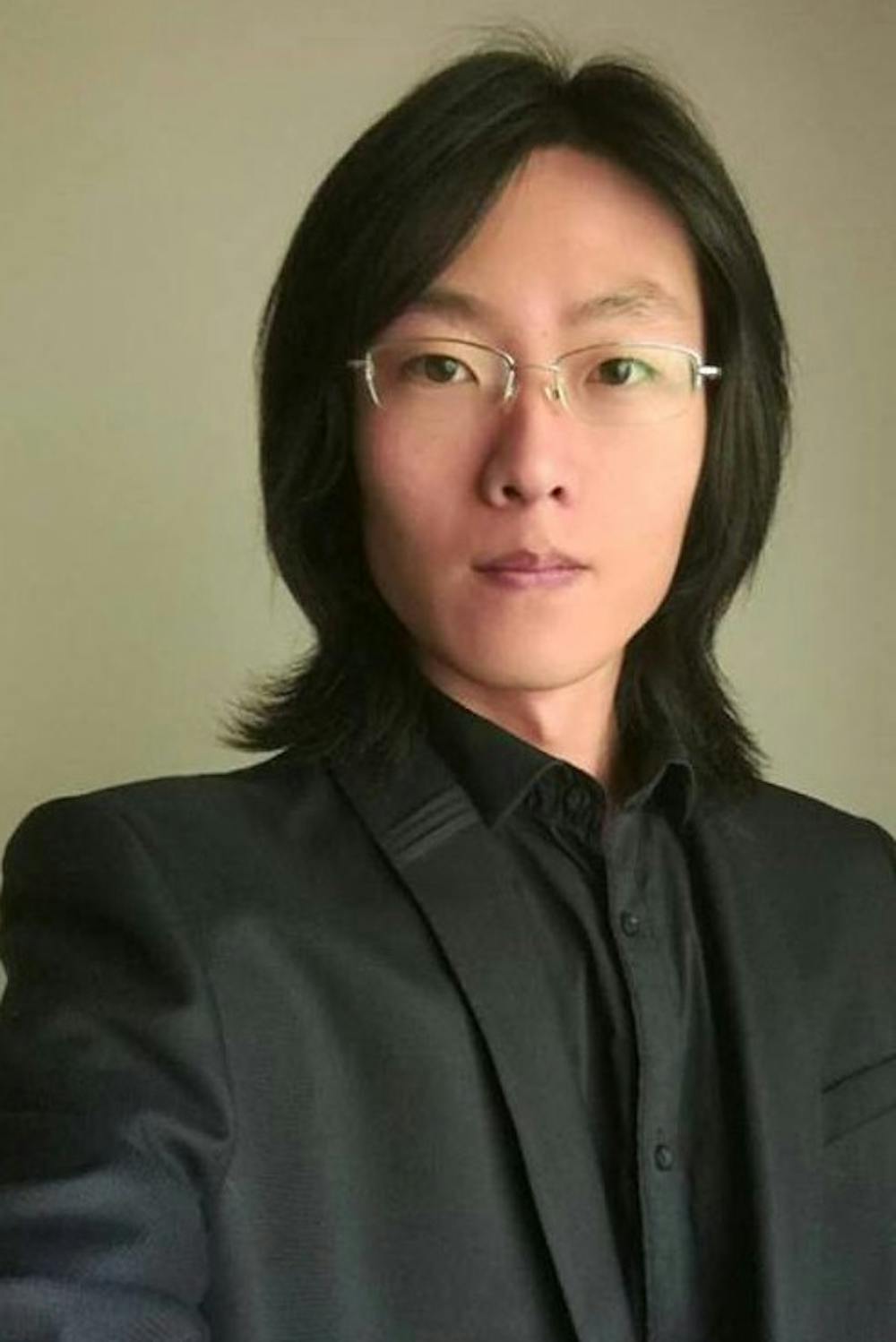Fuhou Zhang, a graduate Architecture student, has been named a finalist for the Schindler Global Award. The award is a competition that focuses on architecture and design in complex urban conditions.
Zhang was one of 12 finalists who travelled to Sao Paulo, Brazil for the awards ceremony held on April 25, which was sponsored by the Schindler Elevator Corporation and the Schindler Group. Zhang was selected from a pool of more than 150 submissions from students who hailed from all around the world. A total of $105,000 was awarded to the winning teams.
Robin Dripps, an architecture professor and Zhang’s academic supervisor, described the amount of prize money awarded to finalists as “unheard of” in a student competition.
“I think it is in terms of a student competition, I think it’s one of the most prestigious out there,” Dripps said. “It is a competition between schools around the globe, and so I think that tells you something about the importance of the competition.”
The magnitude of the event was also clear in what Dripps described as an “important” audience, which consisted of 500 attendees including the mayor of Sao Paulo as well as the business and political elite of Brazil. Additionally, Dripps said a book has already been published on the competition and the results, and the work is publicly exhibited around Sao Paulo.
According to the Schindler Global Award’s website, the competition is a “student urban design competition” which requires students to design a livable and sustainable urban environment with a particular focus on mobility because it is a “catalyst and a conduit for globalization.”
While the largest finalist team had 15 members, Zhang was one of only two teams in the group of finalists made up of one person. His project was called “The Poetric of Spatial Agency: A New Kowloon City,” which addressed the strategy for designing future cities with elevated streets.
“Prof. Dripps encouraged us to propose integrated solutions by systematically framing urban systems at multiple scales,” Zhang said in an email to The Cavalier Daily. “We attempted to construct visions to the future life styles as well as delicately respond to the existing urban context.”
Zhang worked tirelessly over the course of the fall semester developing his idea and spent part of winter break perfecting his submission for the competition.
“He is a very quiet person but he just keeps working,” Dripps said.
This year is only the third year the competition welcomed submissions from around the world. Previously, the competition was restricted to European students.
“It is definitely a great honor to be nominated for this prize because it has a very unique global ... scope of architecture and design,” Zhang said. “Each competition is definitely one of the most influential international design competitions so I feel really proud and excited to be nominated.”







